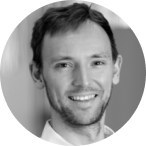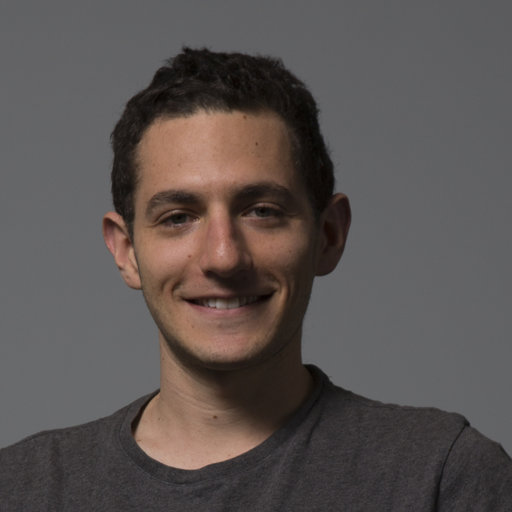companies in our portfolio
funded at
formation-stage
female founded or
co-founded
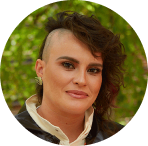
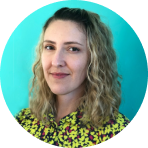


university spinouts








Follow-on
Capital Raised
median seed
round size

Matterworks raised a $6M seed round in December 2020.
Pillar, OMX Ventures, Wing, Emily Leproust, iGlobe Partners, Wavemaker 360 Health

New Equilibrium Bio raised a $10M seed round in March 2021.
Pillar, RA Capital
In February 2020, founders and executives from Ginkgo Bioworks, Twist Bioscience, Beyond Meat, Insitro, and many others came together to fuel the launch of the next generation.
We had no idea that a pandemic would unravel across the globe.
One year later, we were happy to learn that the world was hungry for our new approach to funding formation-stage startups at the intersection of biology and engineering.
We’ve partnered with 11 companies since launching, and over 800 people attended our first virtual summit, The Dish. Moreover, we’ve helped 1,000+ PhD students and postdocs get started on their founder journeys, through 25+ university events, a network of 200+ faculty labs, and our free virtual program, Frequency.
While we couldn’t have expected how 2020 would unfold, in hindsight, it feels like we launched at just the right time. We can’t wait to see you in person once the world opens up again!
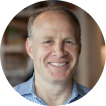

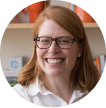

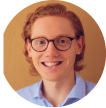
“Founding a company and start-up capital are both commodities. Petri brings something different in providing capital with access to experienced business leaders who have proven success in building a company in the same industry.”
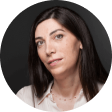
Emily Leproust, Co-Founder & CEO, Twist Bioscience
& Petri Co-founder
Portfolio
Eleven founders joined us during the first year of our program, leading companies that span drug discovery, therapeutics, tools, food and agriculture, biomaterials, and more.

Developing sustainable lab-grown cotton from cells on an industrial scale.
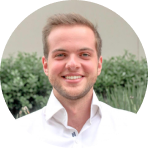

& Dr. Paula Elbl

Accelerating discovery and engineering through faster metabolomic screening.
Delmar

Expanding structure-based drug discovery to shape-shifting targets.


& Prof. Peter Tompa

Measuring soil carbon accurately, instantly, and affordably.

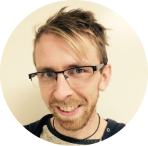
& Kevin Meissner
Novel sensors for wound drainage monitoring + predictive tools for better patient outcomes.

A protein engineering company still in stealth.
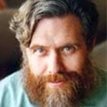


& Church Lab students

Broad platform to modulate any microbiome to achieve predictable stability in the engineered microbiomes.


& Prof. Tim Lu
Stealth startup developing technology to align patients & their physicians as strong partners and share in decision making.

Founder Profiles
We observed radical perseverance and nimble adaptability from our first group of founders, who pivoted to create lab space out of shipping containers, built their teams entirely remotely, signed their first customers, and raised capital — through Zoom.
“If you want to start a company at the intersection of biology and engineering, partnering with Petri is the best way to make that happen.”
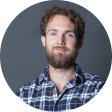
Alec Nielsen, Founder, Asimov
& Petri Co-founder

Sustainability Solutions
Over the last few centuries, we’ve built a global economy that is inextricably reliant on fossil fuels. As a result, there’s no denying it — we’re warming Planet Earth. Beyond climate change, we’re faced with substantial sustainability challenges, including pollution, biodiversity loss, and deforestation, among others.
At Petri, we believe that biology will be increasingly leveraged to address these problems. Within the umbrella of sustainability, this year we invested in founders building companies focused on food, agriculture, biomaterials, and carbon removal.
GALY
Grow cotton in a lab from plant cell culture.
Significantly smaller emissions and resource footprint than conventional cotton.
Modern Synthesis
Grow clothing materials from bacterial cellulose.
Aim of replacing leather, an incredibly resource-intensive and polluting material.
Yard Stick
Measure soil carbon accurately and instantly.
Stealth
Engineer proteins.
Numerous applications in renewable chemicals and materials.
“Petri has introduced me to some of the best emerging talent that I've ever met, founders who are really smart and work on problems of great importance.”

Stan Lapidus, Chairman & CEO, Exact Sciences
& Petri Co-founder
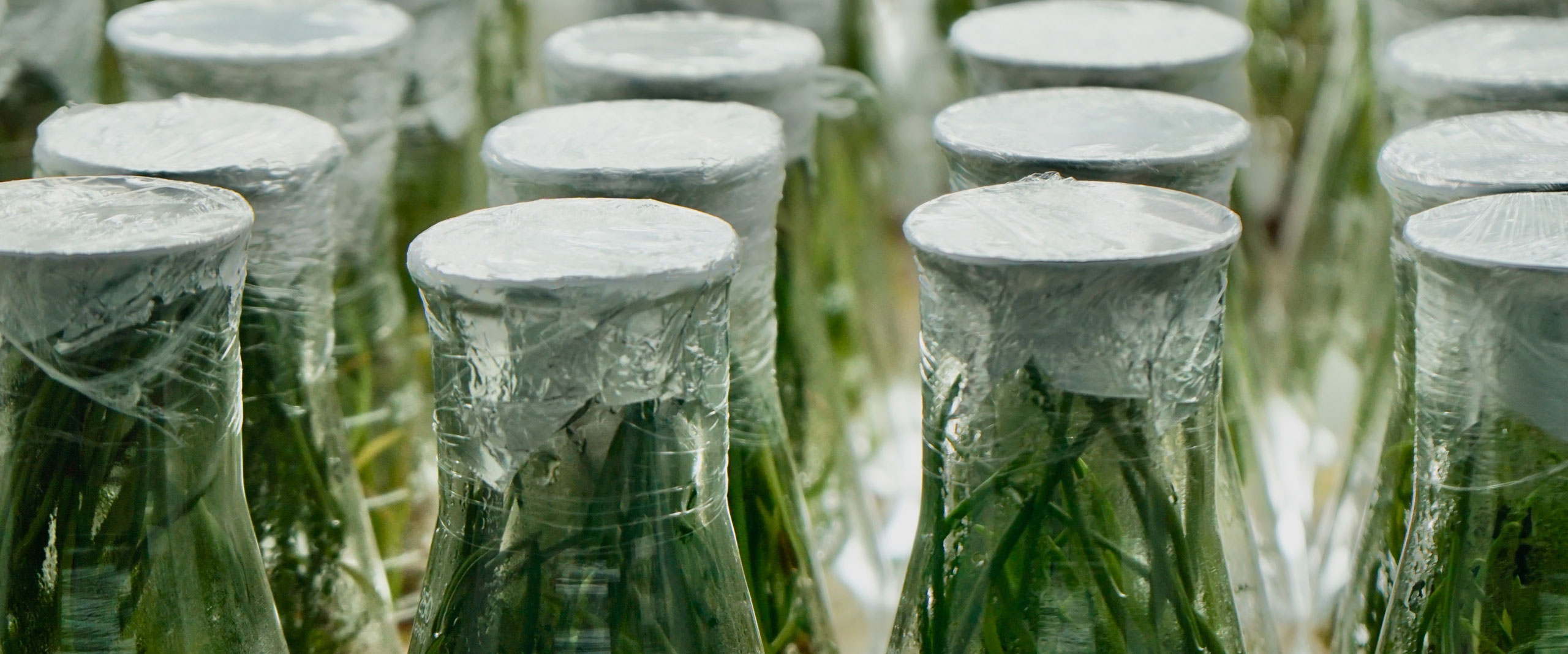
Engineering in Health
How did the world move from a novel virus to a highly effective vaccine already distributed to millions of people in just a few months?
At every level, this success emphatically demonstrates biology’s emergence as a field of engineering: the genomics to rapidly sequence and analyze the SARS-CoV-2 genome; the biochemistry to copy and produce it in vitro; the mRNA technology to express the spike protein in the body and stimulate the human immune system; and the microfluidics to produce lipid nanoparticles for delivery.
The same engineering mindset and sense of urgency can unlock progress on a host of current and emerging needs across human health.
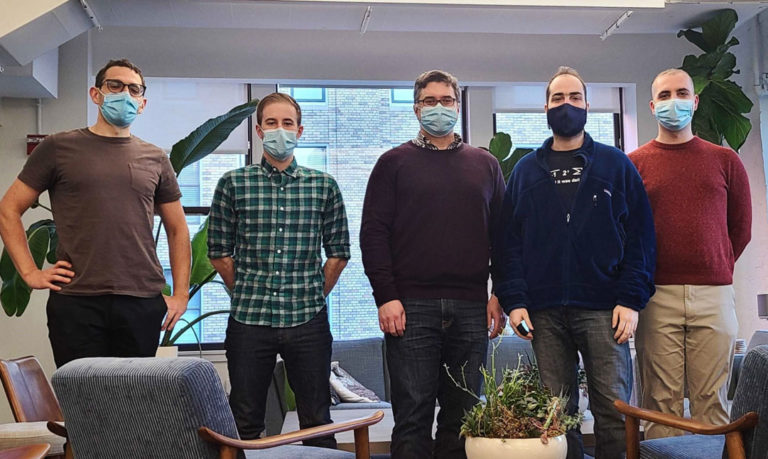
The Matterworks team at the Pillar VC office.
Matterworks
New Equilibrium
New Equilibrium Bio is creating new methods to model undruggable shape-shifting proteins to be the first to discover their druggable conformations.
“Working with Petri and its portfolio companies has been one of the most rewarding activities I have had.”

Jean Paul Mangeolle, Danaher, Sciex, Phenomenex
& Petri Co-founder

The Dish:
A Celebration of Bio + Engineering
On September 16th, 2020, we hosted our first virtual summit: “The Dish: A celebration of bio + engineering.”
Over 800 members of the global bio community joined to listen to leaders including George Church, Daphne Koller and Stan Lapidus share insights about NexGen Food + Ag, Innovations in Therapeutics, Unexplored Topics in COVID, New Tools for Biotech and more.
All of the talks can be found here.
Over 800 members of the global bio community attended The Dish.

Over 350 PhD students, faculty, postdocs, and future founders joined us for our virtual startup school.

We launched our women’s founder network, The Wave, gathering founders and allies supporting women building in Bio.

We’re one year in, but we’re just getting started!
We’d love to connect if you’re thinking about building or investing in companies at the intersection of biology and technology.


